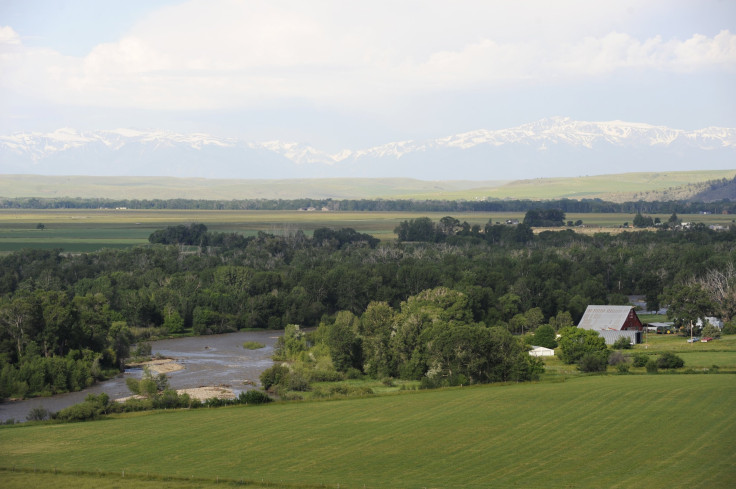Yellowstone River Parasite Threat: Montana Portion Closed Indefinitely After Thousands Of Fish Die

A 183-mile stretch of the Yellowstone River and hundreds of miles of other waterways were indefinitely closed Friday to prevent the spread of a parasite believed to have killed tens of thousands of fish. Montana wildlife officials banned all fishing, rafting and other activities in the stretch.
The move came after roughly 4,000 dead fish had been counted by Friday, but officials said that the total number is estimated to be in the tens of thousands. Authorities reportedly said that most of the fish affected were mountain whitefish, a native game species. However, some reports said that the incident also affected rainbow trout and Yellowstone cutthroat trout — species crucial to the fishing industry.
"This kill is unprecedented in magnitude. We haven't seen something like this in Montana," Fish, Wildlife and Parks spokeswoman Andrea Jones said, according to the Associated Press (AP).
The ban to fishing and rafting in the area could have a great impact on the sizable outdoor industry, which depends heavily on the busy summer season, those who run businesses along the river said.
"We have trips on the books through September," Fishing guide Dan Gigone, who owns the Sweetwater Fly Shop in Livingston, told the AP. "It's definitely a big part of the Livingston and area economy. But we need to protect the resources as best we can for future years."
Officials from Montana Fish, Wildlife and Parks reportedly said that the closure could last for months if river conditions don't improve and fish keep dying.
Similar incidents have occurred just twice in the state over the past 20 years but more recent outbreaks have occurred in Washington, Oregon and Idaho.
Officials said that the parasite is not native to the area, meaning it was introduced by people via a contaminated boat, fishing waders or other means. It could also be that the parasite was introduced by birds that transported it from another waterway.
To help prevent the spread, wildlife agency in the area set up two decontamination stations for equipment.
© Copyright IBTimes 2024. All rights reserved.











